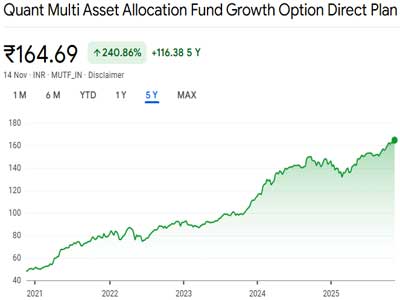The concept of ‘Waqf’ is rooted in Islamic laws and traditions. It refers to an endowment made by a Muslim for charitable or religious purposes, such as building mosques, schools, hospitals, or other public institutions.
Another defining feature of a Waqf is that it's inalienable- which means it cannot be sold, gifted, inherited or encumbered. Therefore, once a property is divested from the waqif, i.e., the creator of a waqf, it vests in God and as per Islamic belief since God is everlasting, so is the ‘waqf property’.
हिंदी में पढ़ें : नए वक्फ कानून से वंचितों को मिलेंगे नए अवसर
The Waqf (Amendment) Bill aims to address issues such as lack of transparency in Waqf property management, Incomplete surveys and mutation of Waqf land records, Inadequate provisions for women’s inheritance rights, and a large number of prolonged litigations, including encroachment. In 2013, there were 10,381 pending cases, which have now increased to 21,618 cases.
The amendment also aims to address the issue of irrational power of the Waqf Boards in declaring any property as waqf land based on their inquiry, Large number of disputes related to government land declared as waqf, Lack of proper accounting and auditing of Waqf properties, Administrative inefficiencies in waqf management, Improper treatment to Trust properties, and inadequate representation of stakeholders in Central Waqf Council and State Waqf Boards.
The Waqf (Amendment) Bill, 2025 aims to streamline the management of Waqf properties, with provisions to safeguard heritage sites and promote social welfare. The Bill aims to streamline Waqf property management while safeguarding heritage sites and individual property rights too. Various states have seen disputes over Waqf property claims, leading to legal battles and community concerns. As of data from September 2024, across 25 States and UTs Waqf Boards, 5973 government properties have been declared as Waqf properties.
The Bill also seeks to improve the economic and social status of Muslim women, particularly widows and divorced women, by promoting self-help groups and financial independence programs. Additionally, the Bill aims at achieving the benefit for Muslim women such as Transparency in Waqf Management, Establishing legal support centres for family disputes and inheritance rights and Strengthening cultural preservation and interfaith dialogue.
The Bill aims at making the Waqf Board more inclusive having representation from different Muslim sects for better Waqf governance and decision-making. The Bill mandates the inclusion of one member each from Bohra and Aghakhani communities in State Waqf Boards if they have functional Auqaf. Also, the Board will have representation from Muslims belonging to backward classes apart from Shia and Sunni members.
Overall, The Waqf (Amendment) Bill 2025 establishes a secular, transparent, and accountable system for Waqf administration. The role of Waqf Boards and the Central Waqf Council is not religious but regulatory, ensuring legal compliance and safeguarding public interest. By introducing checks and balances, empowering stakeholders, and improving governance, the Bill sets a progressive and fair framework for the Waqf administration in India.


















Related Items
Will caste and religious walls collapse in Bihar this time…?
Rich traditions of ritual theatre in India
Searching for opportunities amid Trump’s tariff war crisis